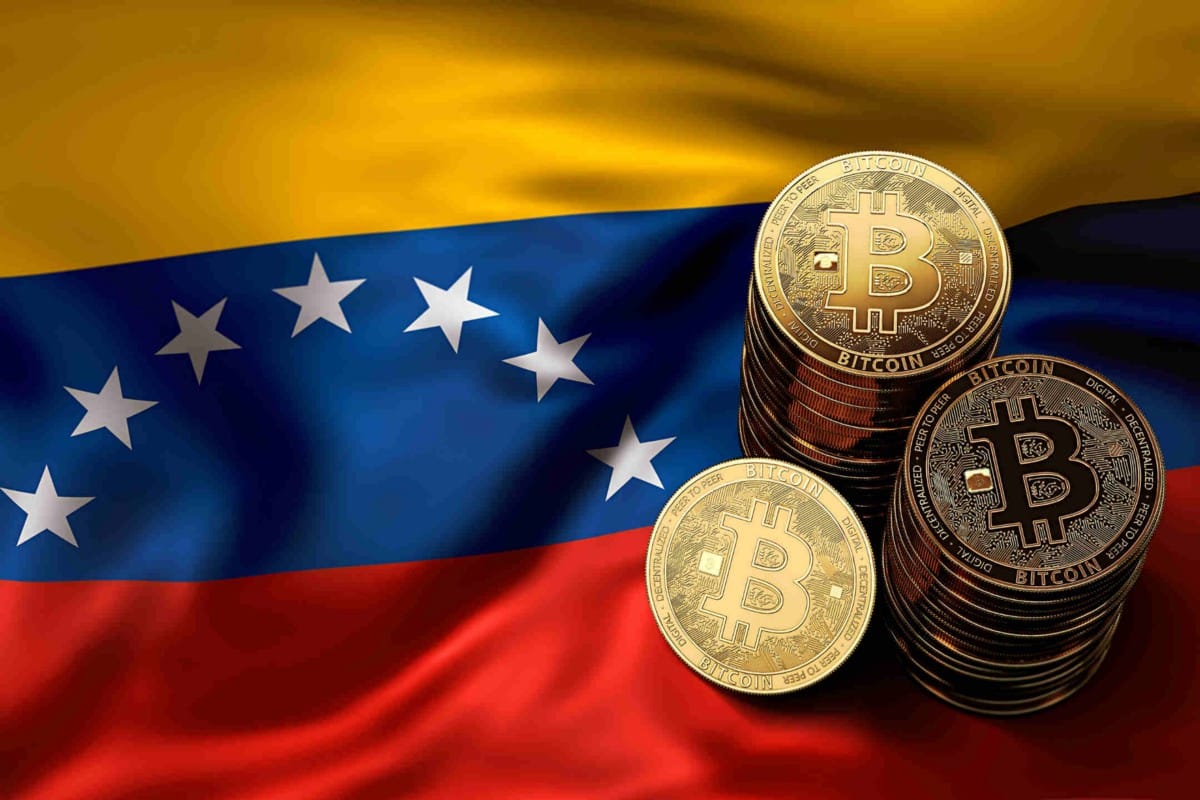Tether, the issuer of the USDT stablecoin, has announced its commitment to freezing addresses linked to sanctioned entities. This decision comes in response to reports that Venezuela’s state-run oil company, Petróleos de Venezuela, S.A. (PDVSA), is utilizing cryptocurrencies, including USDT, to circumvent international sanctions.
Background on Venezuela’s Sanctions and PDVSA
Venezuela has been under stringent economic sanctions imposed by the United States, primarily targeting the country’s oil industry, which is a crucial component of its economy. The sanctions were reimposed following allegations that Venezuela had not made significant electoral reforms.
According to a detailed report by Reuters, PDVSA is increasingly turning to cryptocurrency transactions to facilitate the sale of crude oil and fuel. This shift aims to mitigate the risk of having its funds frozen in foreign bank accounts as a result of the newly imposed sanctions. It is reported that PDVSA has adjusted its sales strategy to require prepayment for oil exports in USDT, moving away from traditional banking methods.
Implications of Cryptocurrency Use
The use of USDT allows PDVSA and its business partners to conduct transactions that are less susceptible to international banking restrictions. However, this has raised concerns about the potential for evasion of sanctions designed to pressure Venezuela into making political reforms. The U.S. Treasury Department has set a deadline for PDVSA’s customers and suppliers to wind down transactions by May 31, adding urgency to the situation.
In response to the situation, a Tether spokesperson reaffirmed the company’s commitment to compliance with the Office of Foreign Assets Control (OFAC) regulations. Tether respects the OFAC’s Specially Designated Nationals (SDN) list and has pledged to freeze any addresses associated with sanctioned entities promptly.
Broader Crypto Involvement
The scenario also highlights the broader use of cryptocurrencies in international trade, especially in scenarios where traditional financial systems pose limitations or risks. While this can offer new avenues for commerce, it also presents challenges in terms of regulatory compliance and enforcement.
The move to cryptocurrency by PDVSA follows previous allegations of a massive corruption scandal within the company, involving unaccounted receivables for oil exports worth billions of dollars. The transition to crypto payments could potentially obscure further the transparency needed to tackle such issues.
Future of PDVSA’s Crypto Transactions
Looking ahead, PDVSA may continue to refine its cryptocurrency transaction strategies, especially as the international regulatory environment evolves. The involvement of intermediaries in facilitating these transactions underlines the complex nature of modern sanctions and the measures entities take to navigate them.
Tether’s proactive stance in freezing related addresses represents a significant step in aligning cryptocurrency operations with international legal standards. As digital currencies become more entwined with global commerce, the actions of companies like Tether could set precedents for how crypto businesses address regulatory challenges and compliance issues.










